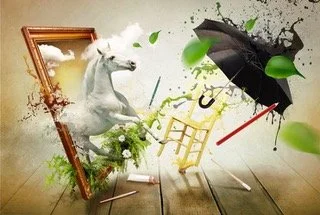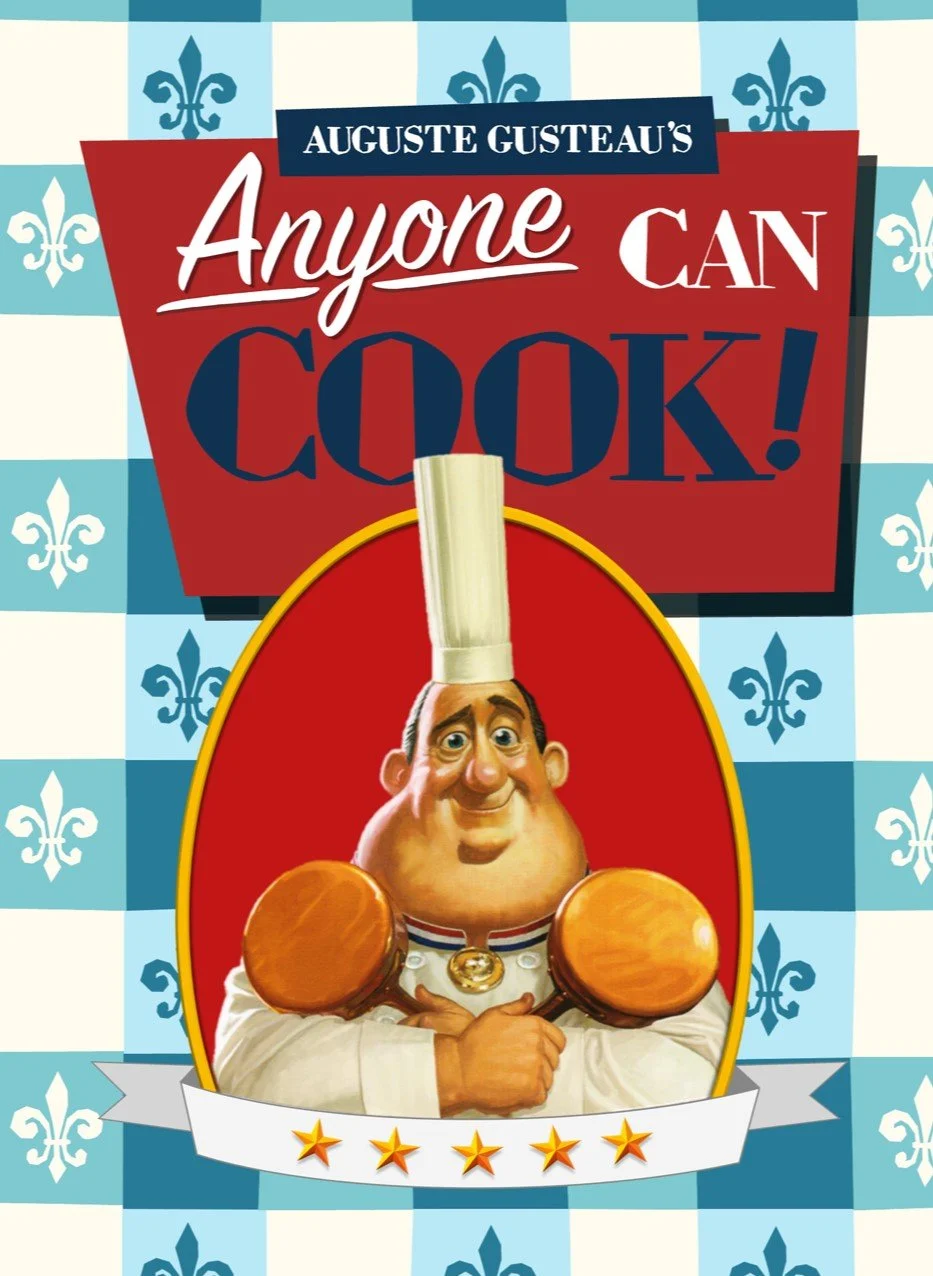How do we Develop Creativity?
In my first elementary school, I can still remember seeing artwork made by “the big kids” lining the hall by the campus art room. The complexity and ingenuity of these works made by children with only a few more years’ life experience than I had was an inspiration. Someday, I hoped to possess such talent, but a big challenge loomed in my way. In my mind, creativity was an innate trait which somehow hadn’t found its way into my genome.
This unfortunate misconception all started with one word: talent. The way I understood it, when someone was described as “having talent”, it was because they were just naturally skilled. Maybe some of you can relate to this kind of thinking. This same misconstruction translated over to my perception of my own creativity.
We all either currently have a friend or have had a friend who boggles our mind with their imaginative ideations. It seems that they are always cooking up something creative. Many of us, myself included, see these people who seem to effortlessly invent and wonder why we can’t do the same. At this point, we often tell ourselves the fallacy that we’re just not the “creative type”.
In Disney’s beloved film, Ratatouille, a rat with an ironic passion for the art of cooking ends up befriending a human in a strange turn of events. Throughout the development of their friendship, he helps this man realize that “anyone can cook”. I hope to show in a Ratatouille fashion that “anyone can [create]” given practice and the right environment. I don’t just want to provide a fresh perspective but make my and your efforts fruitful by providing a few ways to develop as creative thinkers and designers.
Anyone can cook, a (fictional) cookbook written by chef Auguste Gusteau in Disney’s movie Ratatouille [1].
A Few Key Creative Principles
First, there are principles we need to learn and a mindset we must develop which will foster creative growth. There are many things which can be detrimental to creativity, but two which loom large are efficiency and perfection. Society trains us to find the fastest and most efficient way to a perfect answer; however, if we want to avoid handicapping our creativity, we need to ignore these two factors during the creative process. Design is iterative. This means that the best final solution is going to come when we have a large diversity of ideas at the start of the design process. Don’t worry about coming up with correct solutions at the outset. Worry about coming up with creative solutions, and you will end up with a much better-baked idea.
It is also crucial to clarify that creativity and knowledge are not separate entities. Steve Jobs once stated very simply that “creativity is just connecting things” [2]. Creativity is not the ability to come up with something out of nothing, rather, it is the ability to create something through a combination and interrelation of objects which may not appear connected at the surface.
Creativity and knowledge must remain in balance. An easy way to think about this is through the example of Remy, the rat in Ratatouille. Remy provides the understanding about how flavors combine to chef Linguine, enabling him to create culinary masterpieces. Without Remy’s knowledge, the food which Linguine cooked could be interesting and exciting yet would most likely contain clashing flavors. If he had Remy’s knowledge of how to cook and no creativity, linguine’s limit would be his recipes. Knowledge is a means to a creative end.
As the cherry on top, I offer a warning against prescription. Without realizing it, you have probably noticed that children are often some of the most creative thinkers on the planet, yet somehow as they grow up many of them will lose their creative edge. The problem is that from a young age parents and teachers are often so focused on teaching kids to correctly follow instructions that creative expression is stifled. Following step-by-step instructions teaches your brain to think within a box, so the more that we embrace a challenge without using the solution as a guide, the more we will develop our brain’s capacity to create.
How do we do it?
Practicing creativity, like any other skill, is a very effortful process which often feels arduous and unproductive. However, the slower and more effortful it appears, the better we are training our brains to be creative. This doesn’t mean that practicing creativity should be time consuming and require us to go out of our way. One such way I have found to practice creativity in my own life is through poetry. In the last couple years, I’ve realized how easy it is to take a minute or two and write a haiku representing some experience or thought from the day. This is one example of a simple, effortful way that we can productively practice creativity each day. If you want a few more examples to kickstart the process, I have provided a document here with a few practice suggestions.
A traditional Japanese Haiku [3]
Maybe you’ve caught on by now as you’ve read this article and maybe you haven’t, but I’ve attempted to make this article an exercise in creativity by including as many references to cooking and food as possible. The reason I have done so is not just to showcase my own creativity, but to show that you can incorporate creative practice into everyday life without going too far out of your way. Anyone can very simply incorporate creativity into day-to-day activities as they draw unique connections between their experiences.
Conclusion
I’m sure at this point that some may be feeling overwhelmed about practicing creativity, but it is doable –for everyone.
A big problem in the design world is a prevalent belief from individuals that they chose to be engineers or designers because they’re good at finding the “right” or logical answer. I would even say that I fell into this category at one point. Little by little I’ve come to learn that logic is best applied through the medium of creativity. This is because creativity is the link that binds knowledge to solutions, and in a world that yearns for new solutions, creativity is the leader in change. If you want to be a force for change, learn to be creative.
References
[1] Image taken from https://www.therpf.com/forums/threads/anyone-every-end-up-making-the-anyone-can-cook-book-from-ratatouille.299142/
[2] https://www.businessinsider.in/tech/steve-jobs-14-most-inspiring-quotes/slidelist/48046674.cms
[3] Image courtesy of https://upload.wikimedia.org/wikipedia/commons/7/74/Basho_Horohoroto.jpg
Cover image courtesy of https://mamiverse.com/love-yourself-using-creativity-85071/
To cite this article:
Godfrey, William. “How do we Develop Creativity?” The BYU Design Review, 2 Nov. 2022, https://www.designreview.byu.edu/collections/how-do-we-develop-creativity.







